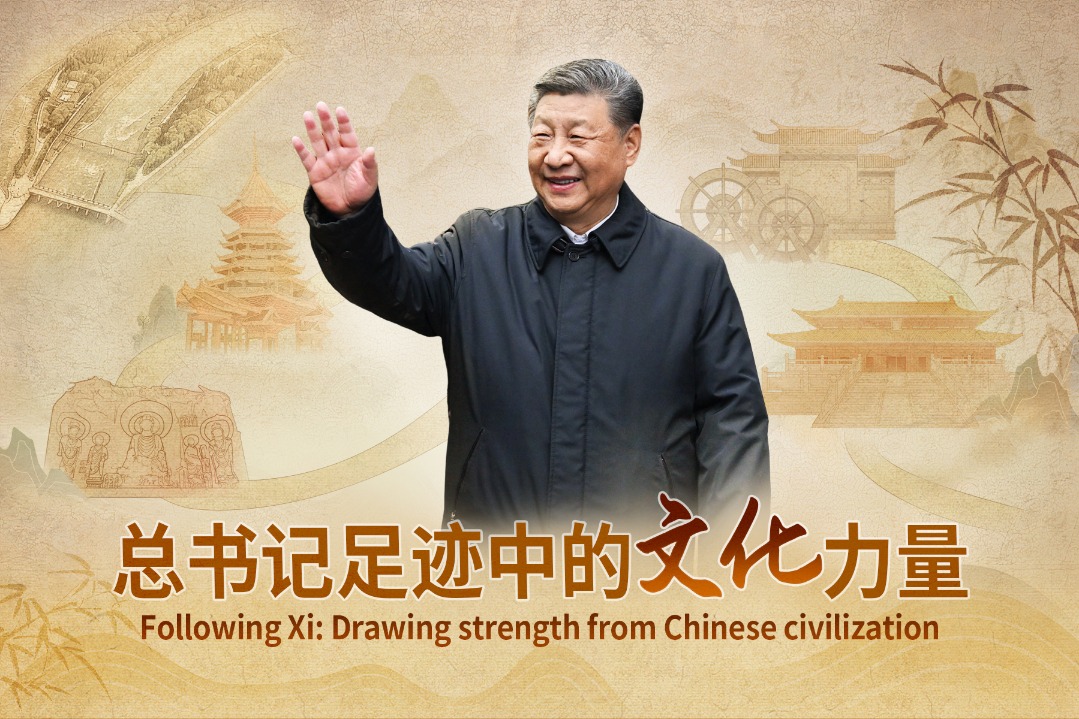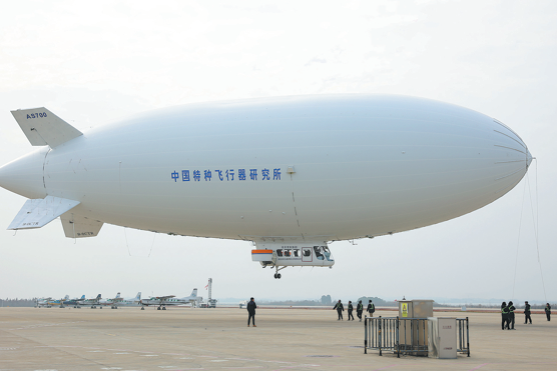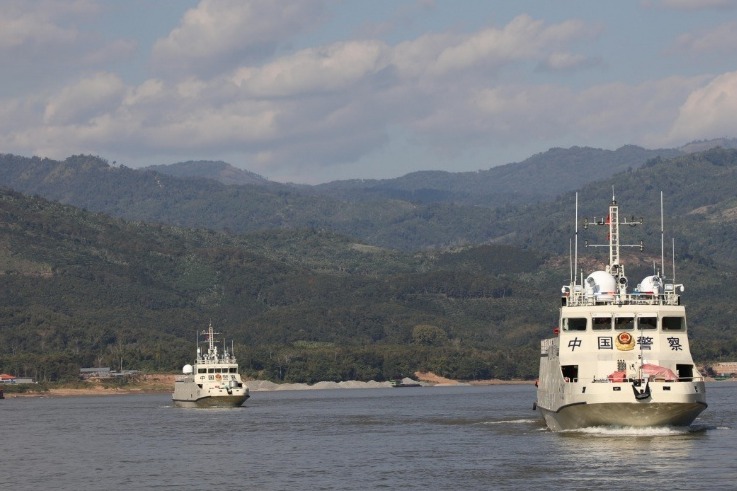Eyes fixed ahead as hands firmly grip steering wheel

China to strive for stable, relatively fast growth in 2012
|
A ship loads cargo in Lianyungang port, Jiangsu province. Leaders at the Central Economic Work Conference said the country should maintain a steady growth of exports and expand imports. Wang Chun / for China Daily |
The top Chinese economic decision-makers have set the tone of "making progress while maintaining stability" next year, as the world keeps a keen eye on the second-largest economy.
China will aim to achieve "stable and relatively fast" growth for the year under "extremely grim and complicated" global situations, said a statement after the three-day Central Economic Work Conference in Beijing ended.
The conference, attended by central and local leaders, decides the key theme of economic development for the country in the following year.
The last time the phrase "making progress while maintaining stability" was raised at the meeting was 14 years ago, when the Asian financial crisis was hitting economies in Asia, from Thailand to South Korea.
The leaders believe that the issues the Chinese economy face include the specter of an economic slowdown twinned with inflation, financial difficulties for some enterprises and the challenges of emissions control.
In addition, the global economy and trade are slowing, while financial markets are in turmoil, the statement said.
China's economic growth slowed to 9.1 percent in the third quarter, from 9.5 percent in the second quarter and 9.7 percent in the first. Some government think tanks such as the Development and Research Center of the State Council have put the annual estimate at 8.5 percent.
The semi-official purchasing managers index, compiled by the China Federation of Logistics and Purchasing, reached the lowest point since March 2009 at 49. A figure below 50 is often regarded as the sign of contraction.
Nariman Behravesh, chief economist with the consulting firm HIS Inc, of Englewood, Colorado, ranked China's sharp slowdown as the second largest risk for the global economy after the financial meltdown of the euro zone.
However, he put the estimate on China's growth at about 8 percent, provided that the country's housing market does not collapse.
Ba Shusong, a senior economist with the Development and Research Center of the State Council, said China will achieve a soft landing and the slowdown will reach the bottom some time in the first and second quarter and then return to acceleration. The economy will also transform from a high-growth track to a moderate one.
"The combination of GDP and CPI will shift from 10+2 to 8+4, which means the economic growth rate of about 8 percent and inflation of about 4 percent," he said.
As the euro zone crisis has steamed away, and the US has continued to face economic difficulties, the Chinese government has made domestic consumption the cornerstone of its growth. The statement said that to stimulate domestic demand there should be more investment in guaranteeing and improving people's livelihoods - which is usually taken to include education, healthcare and housing - to grow the service sector and to increase the ratio of middle-income people.
The country also aims to improve the industrial structure, such as updating traditional industries and investing in new and strategic ones.
During the China-US Strategic and Economic Dialogue in Chengdu, Sichuan province, last month the Chinese side told US officials that the country will invest $1.7 trillion (1.3 trillion euros) on new and strategic industries in the next five years.
In foreign trade, the leaders at the Beijing meeting said the country should maintain a steady growth of exports and expand imports. At the same time, foreign investment will be encouraged to go to western and inland regions, and China will further open service sectors to foreign investors.
The Ministry of Commerce said on Dec 9 that last month foreign investment dropped by 9.76 percent to $8.76 billion year on year.
In the first 11 months investment from the US totalled $2.74 billion, 23 percent lower than in the corresponding period last year. Investment from the European Union grew 0.29 percent to $5.98 billion.
Qu Hongbin, chief economist with HSBC China, said that in the likely event of the euro zone experiencing a double-dip recession, China's exports would slow significantly next year.
China Daily






























